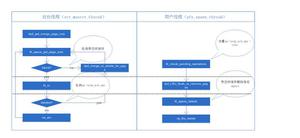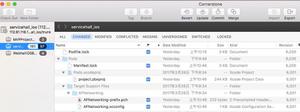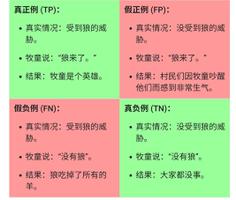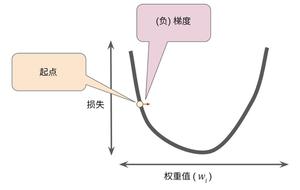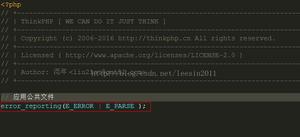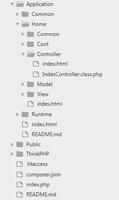解释 C 错误处理函数
文件是记录的集合,或者是硬盘上永久存储数据的地方。
对文件的操作
C语言对文件的操作如下:
命名文件
打开文件
从文件中读取
写入文件
关闭文件
语法
打开文件的语法如下 -
FILE *File pointer;
例如,FILE * fptr;
命名文件的语法如下 -
File pointer = fopen ("File name", "mode");例如,
fptr = fopen ("sample.txt", "r");FILE *fp;
fp = fopen ("sample.txt", "w");
文件中的错误处理
文件中的一些错误如下 -
试图读取超出文件末尾的内容。
设备溢出。
试图打开无效文件。
通过以不同模式打开文件来执行无效操作。
ferror( )
它用于在执行读/写操作时检测错误。
ferror()函数的语法如下 -
语法
int ferror (file pointer);
例如,
示例
FILE *fp;if (ferror (fp))
printf ("error has occurred");
如果成功则返回零,否则返回非零。
程序
以下是使用ferror()函数的 C 程序-
#include<stdio.h>输出结果int main(){
FILE *fptr;
fptr = fopen("sample.txt","r");
if(ferror(fptr)!=0)
printf("error occurred");
putc('T',fptr);
if(ferror(fptr)!=0)
printf("error occurred");
fclose(fptr);
return 0;
}
执行上述程序时,会产生以下结果 -
error occurredNote: try to write a file in the read mode results an error.
错误 ( )
它用于打印错误。
perror()函数的语法如下 -
语法
perror (string variable);
例如,
示例
FILE *fp;char str[30] = "Error is";
perror (str);
输出如下 -
Error is: error 0
程序
以下是使用perror()函数的 C 程序-
#include<stdio.h>输出结果int main ( ){
FILE *fp;
char str[30] = "error is";
int i = 20;
fp = fopen ("sample.txt", "r");
if (fp == NULL){
printf ("file doesnot exist");
}
else{
fprintf (fp, "%d", i);
if (ferror (fp)){
perror (str);
printf ("error since file is opened for reading only");
}
}
fclose (fp);
return 0;
}
执行上述程序时,会产生以下结果 -
error is: Bad file descriptorerror since file is opened for reading only
feof( )
它用于检查是否已到达(或)未到达文件末尾。
feof()函数的语法如下 -
语法
int feof (file pointer);
例如,
示例
FILE *fp;if (feof (fp))
printf ("reached end of the file");
如果成功则返回非零值,否则返回零值。
程序
以下是使用feof()函数的 C 程序-
#include<stdio.h>输出结果main ( ){
FILE *fp;
int i,n;
fp = fopen ("number. txt", "w");
for (i=0; i<=100;i= i+10){
putw (i, fp);
}
fclose (fp);
fp = fopen ("number. txt", "r");
printf ("file content is");
for (i=0; i<=100; i++){
n = getw (fp);
if (feof (fp)){
printf ("reached end of file");
break;
}else{
printf ("%d", n);
}
}
fclose (fp);
getch ( );
}
执行上述程序时,会产生以下结果 -
File content is10 20 30 40 50
60 70 80 90 100
Reached end of the file.
以上是 解释 C 错误处理函数 的全部内容, 来源链接: utcz.com/z/345820.html

